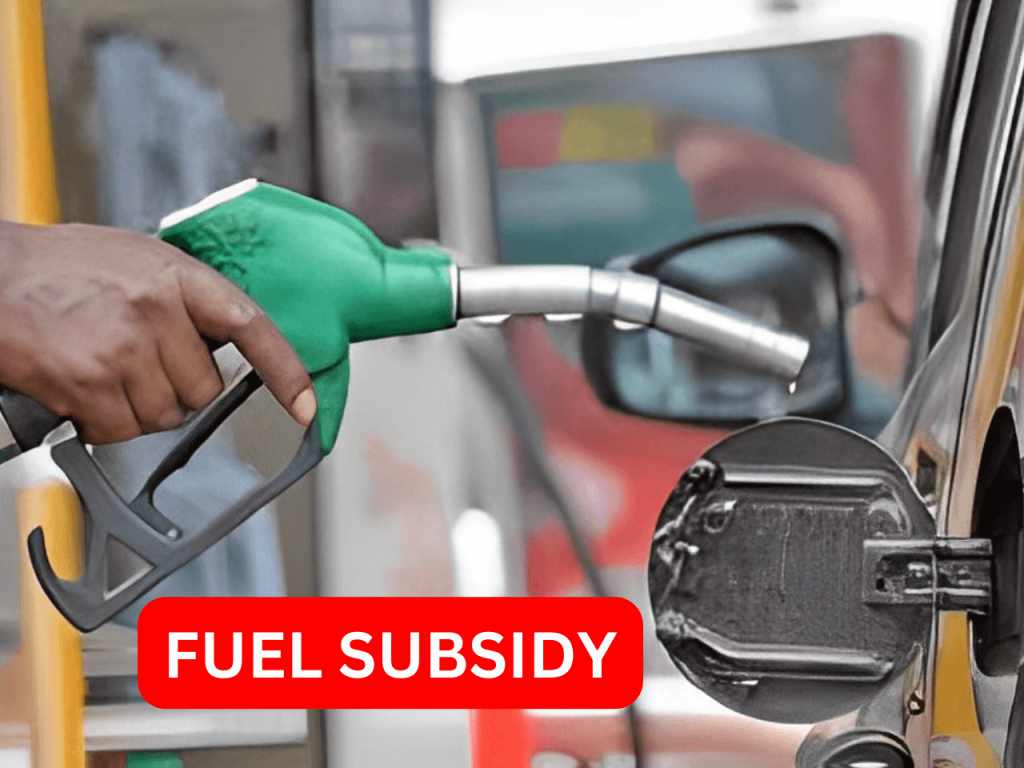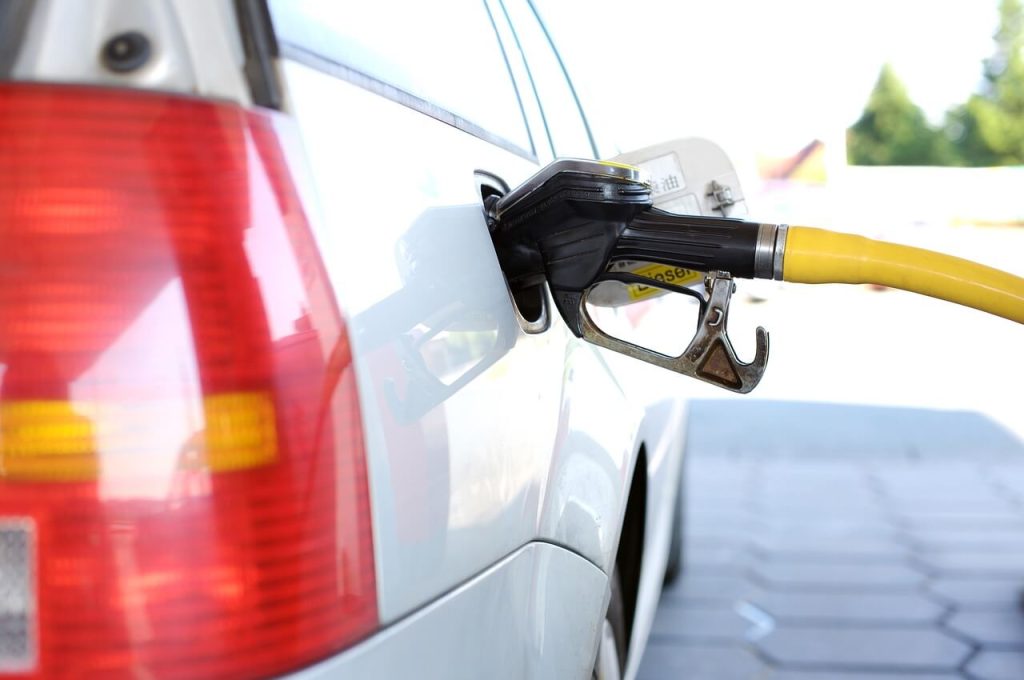Categories
Fuel Subsidy Removal: The Not-So-Funny Side
Fuel subsidy removal in Nigeria has certainly ignited a myriad of conversations across varying quarters of car owners. This post is not to pour fuel on any side of the debate, rather, to capture some latent nuances of what this means and how we may readjust for our wallets safety. If a vehicle with a fuel tank capacity of 60Ltrs which hitherto could be filled up with N11,100 (@ N185 per litre) but now moves the fuel gauge needle from ‘E’ to ‘F’ with N29,280 (at N488 per litre) then you can bet we are all in for a ride that may be a long or short one depending on how much fuel you have got in your mental tank.

8 Ways To Improve Fuel Efficiency in the Face of Fuel Subsidy in Nigeria
So, we have summarily captured a few points below to nudge you into the awareness of somethings that could improve your fuel efficiency in this difficult times fuel price hike as a result of fuel subsidy removal by the Federal Government of Nigeria. Let’s go over them, shall we?
Getting Cars for Purpose Rather Than Prestige
For the first time in the lives of many Nigerians, we may decide to start buying cars based more on purpose than on prestige. The idea of buying a 2009 Landcruiser and upgrading it to 2028 just to be “better pass ya neighbor” will jump on a downward slide now. Purpose-driven purchases are likely going to become the new culture.
Avoid the Top Speed Full Throttle Drive
Going full throttle on top speed just to save time gulps fuel. Those who learn this early, will prefer to set out in time so they can drive calmly and slowly. Suddenly, the fast and furious gang will learn that speeding with fuel now at N617 per litre as at 26 July 2023 is unwise and injurious.
Get Fuel Efficient Vehicles - Hybrid Cars
The prices of fuel-efficient cars (hybrid cars) are going to climb a notch higher. Besides the new taxes on Customs levy and the newly devalued rate of the dollar, there will be an astronomical demand for cars that you can nearly pee in, to get you going.

Even the rich & famous know that Kia Picanto will make the cost of trips less nauseous. It’s a wise choice to start making plans to get a hybrid car and save considerably in the long term.
Less Use of Your Car Air Conditioner
That habit “Nigerian big boys’ have of toasting ladies in an AC-tight ride, while the engine idles, will suffer a decline. Many will suddenly realize that fresh air fuels true love.
Taking No More Than 3 Persons in Your Car
Load in your vehicle impacts fuel efficiency. If you don’t know that, it’s now clear why you are always insisting on giving your female colleagues a ride home. I am not saying you should stop, but at least, brace your heart for disappointment if your investment evaporates like petrol.
Check for The Efficiency of Fuel Consumed
We may now find a generation of ‘scientific’ car users who validate the accuracy of the quantity of fuel bought by first buying into 1Ltr containers. If you purchase N617 per litre and your 1litre fuel turns out to be 75cl, well, let’s just say we will know what it means to be inflammable.
Considering Getting a Hybrid or Electric Vehicle
At last, mechanics and Nigerians alike who thought hybrid and electric vehicles were a thing for lands with snowflakes and Halloween, would be forced to reconsider this unfruitful path of theirs. If you can, go shopping for your new car in that direction. It’s sustainable.
Decline in Informal Visitation to Friends and Family
For me, the real silver lining here is how we will now know an abrupt end to “I was just bored, I grabbed my car key and came to see you”. Now, your abrupt visitors will think, pre-inform you, warn you to be available, preview the Google map and pray, before “just coming to see you”.
Conclusion
We may not agree on whether the removal of the fuel subsidy is important, timely or conscientiously executed. One thing remains true though, we must hastily learn hacks around this that helps the tank of our happiness remain full and overflowing.
Frequently Asked Questions (FAQs)
What is fuel subsidy, and why was it implemented in Nigeria?
Fuel subsidy is a government policy where the state provides financial assistance to reduce the cost of fuel for consumers. In Nigeria, fuel subsidies were introduced to ease the burden of high fuel prices on citizens and stimulate economic growth by making transportation and essential goods more affordable.
Why did the Nigerian government decide to remove the fuel subsidy?
The Nigerian government decided to remove the fuel subsidy due to various reasons, including the significant financial burden it imposed on the national budget. Subsidies were becoming unsustainable, leading to increased government debts and hampering investments in critical sectors. Additionally, corruption and inefficiencies in subsidy management were prevalent.
How will the removal of fuel subsidies affect the average Nigerian citizen?
The removal of fuel subsidies is likely to result in an immediate increase in fuel prices, leading to higher transportation costs and potentially driving inflation. This could impact the cost of living for the average Nigerian, particularly those with limited income, as prices of goods and services may rise.
Are there any potential benefits to removing fuel subsidies?
Yes, removing fuel subsidies can have some long-term benefits. It could free up government funds that were previously allocated to subsidies, enabling investments in critical sectors like healthcare, education, and infrastructure. Additionally, it may encourage the development of alternative energy sources and reduce dependence on fossil fuels.
How have other countries dealt with fuel subsidy removal in the past?
Several countries have implemented fuel subsidy reforms in the past. Some have experienced short-term challenges, such as public protests and economic adjustments. However, over time, many of these countries have seen improvements in their fiscal balance, increased investment in social programs, and more targeted support to vulnerable populations.

